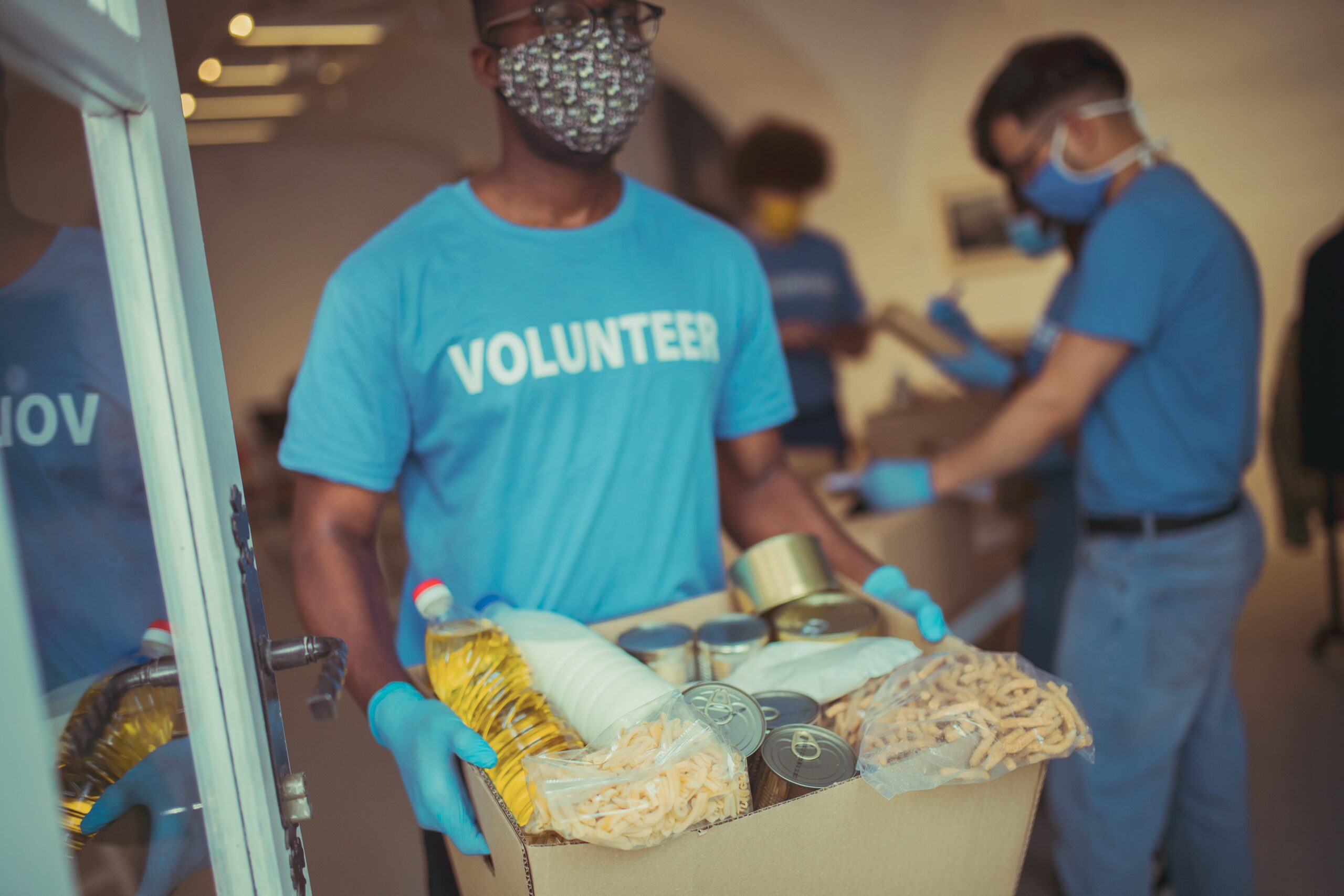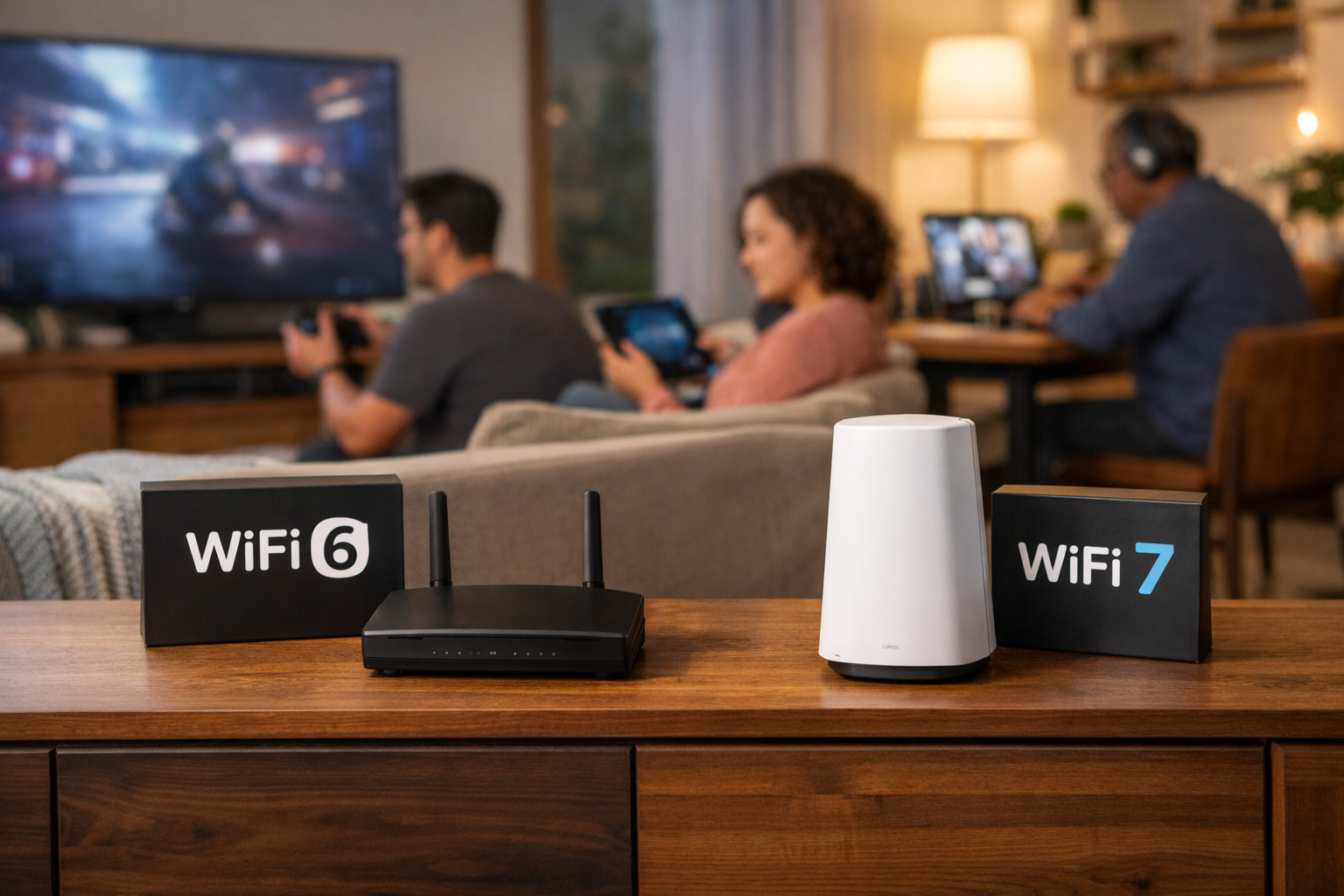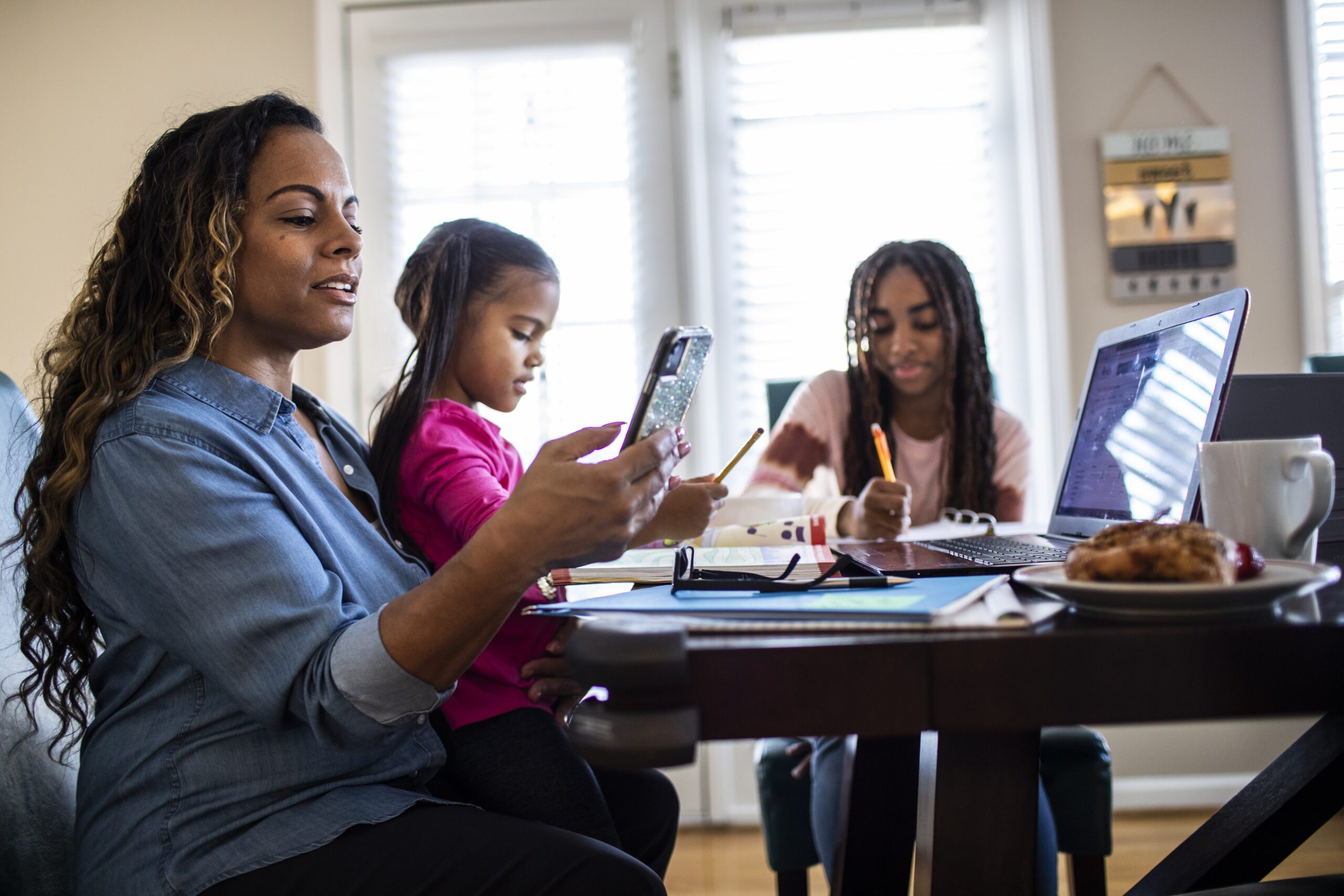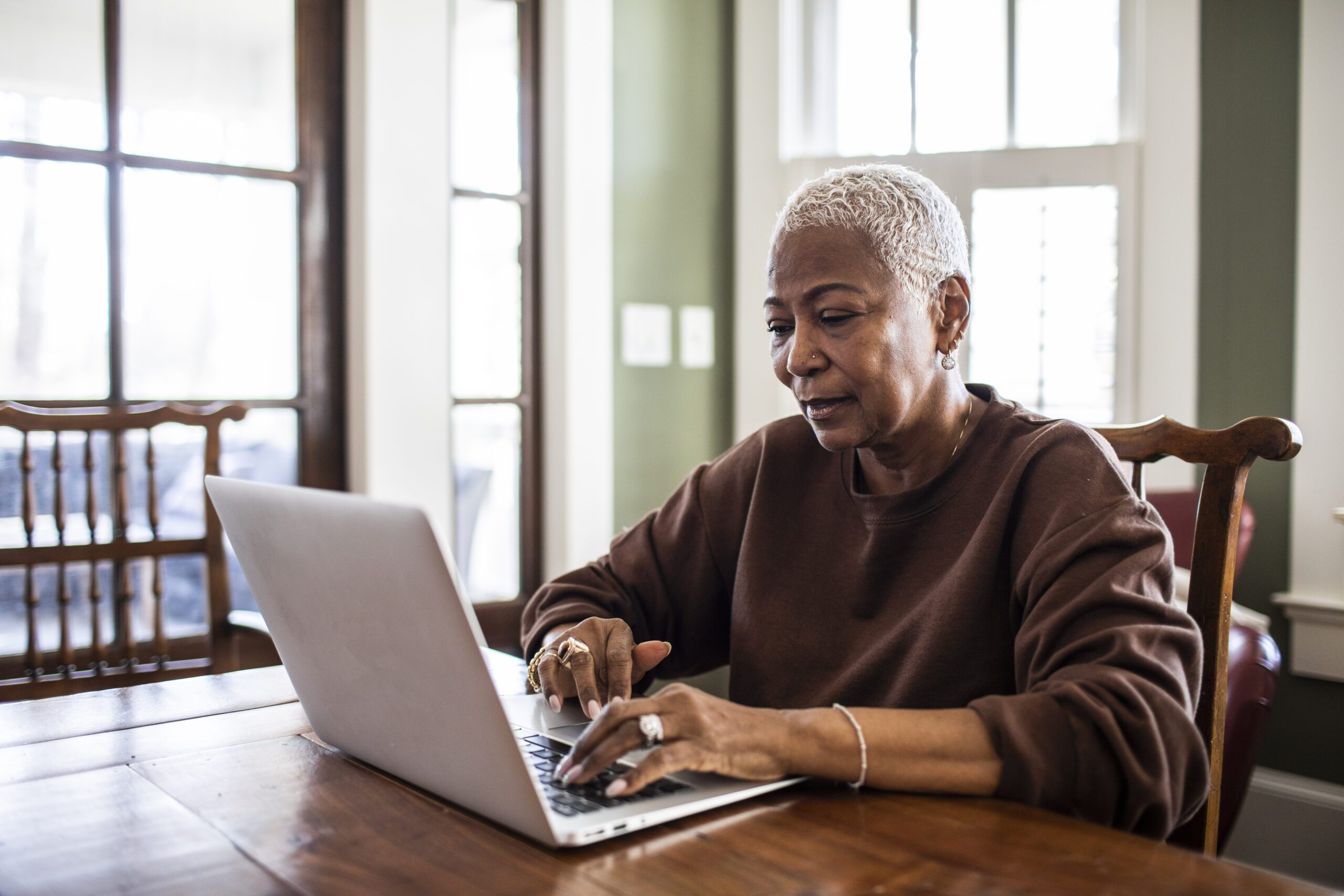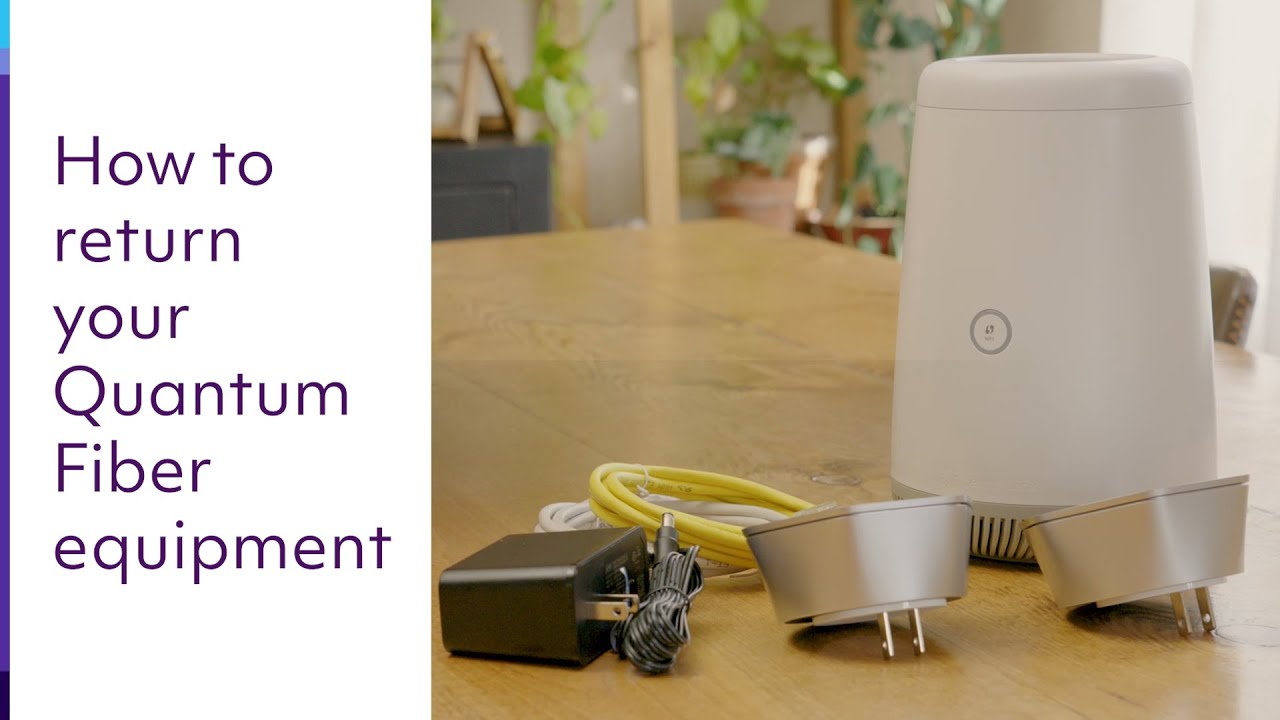Do you know what to do in case of a hurricane or wildfire evacuation? It’s great if you have a plan in place for emergencies, but if you don’t, now is not the time to panic. Instead, use this reminder as an opportunity to prepare for disaster. September is National Preparedness Month, an annual observance to remind all Americans how important it is to be prepared for disasters and emergencies.
“Take Control in 1, 2, 3”
This year’s theme for FEMA National Preparedness Month is “Take Control in 1, 2, 3,” which encourages everyone, especially older adults, to become more prepared in three simple steps.
- Assess your needs: Everyone has unique needs. There are several factors that can affect the steps you need to take to prepare yourself and those you care for. Whether you care for pets, have children, have a medical condition or a disability, it’s important to know what your family will need to stay safe.
- Make a plan: Once you’ve assessed your needs, you can plan for what you’d do, where you’d go, and what to bring if a disaster strikes. Your emergency supply kit should include items that meet your individual needs.
- Engage your support network: Get to know your neighbors because they, along with your family and friends, can be a support network before, during, and after a disaster by providing emotional and physical support.

What can you do for National Preparedness Month?
In 2020, the Federal Emergency Management Agency (FEMA) published its disaster preparedness survey, with trends showing that Americans are becoming better prepared. Of those who were surveyed, 81% have gathered supplies, 65% have sought preparedness information, and 48% have created emergency plans.
If you haven’t already, now is the time to prepare yourself in case of emergency. Here’s a list of five tips and tricks to help you get started.
Build a basic emergency kit
The Department of Homeland Security offers a number of emergency resources, including a list of items that should be included in your basic emergency kit. Some of those items are:
- 1 gallon of water per day per person for at least three days.
- At least a three-day supply of nonperishable food.
- A battery-powered or hand-crank radio, and a NOAA weather radio.
- A flashlight and extra batteries.
- A cellphone with chargers and a backup battery.
- A whistle to signal for help.
Other important items you might want to include are life jackets, pet supplies, prescription and nonprescription medications, personal hygiene items, matches, and important family documents, such as birth certificates and social security cards.
Make an emergency plan
Although we all hope we won’t have to go through an emergency, it’s always best to prepare for the worst. Just like we go through tornado drills and fire drills at work and school, you should also make an emergency drill for your household. Every person living with you should know where the emergency exits are located and where emergency kits are kept. It’s a good idea to make separate plans for different scenarios, such as fires versus hurricanes.
Stay informed
Certain areas of the country are more susceptible to certain types of disasters. For example, if tornadoes are more common in your area, that’s something you’ll want to prepare for. You might live in an area that deals with flooding or wildfires. No matter what disasters your community regularly combats, make sure you’re prepared to help yourself and those around you. You can even talk to your neighbors about how you can support each other in case of emergency.
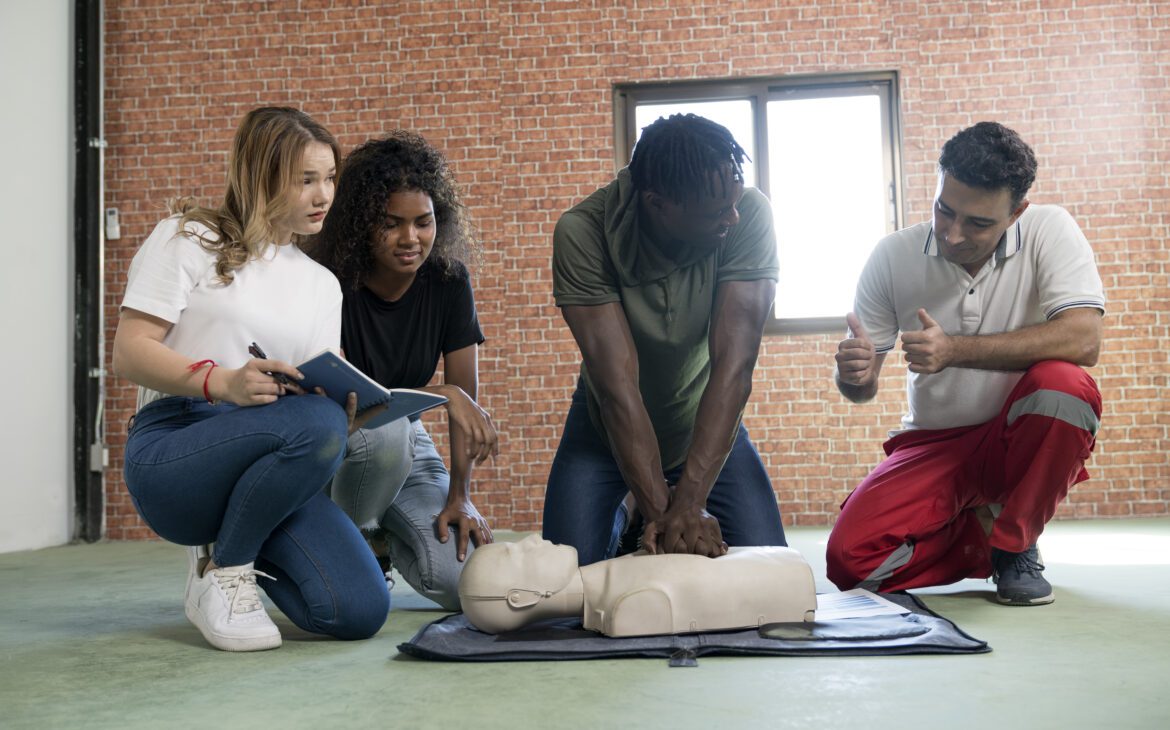
Create a support system
One of the most important parts of preparing for disaster is making sure you have a good support system. Your support can be made up of family, friends, co-workers, peers, or neighbors who will be there for you if something goes wrong. Who can give you a ride to safety? Who can you stay with, short-term and long-term? Can someone watch your pets or children while you deal with the emergency? All of these are important questions to ask yourself.
When disaster strikes, your best tool is the power of community.
Learn CPR and other certifications
The Red Cross recommends always being prepared and ready to respond. They offer tips, videos, and classes on how to perform hands-only CPR, as well as other processes that can save a life. The Red Cross Until Help Arrives online course will educate and empower you to take action and provide life-saving care when you are the first on the scene during an emergency. Along with First Aid, the Red Cross provides a variety of mobile apps so you have expert information when and where you need it most.
For more information about how to keep your home and family safe, visit the Quantum Fiber Explore blog. There, you can find tips on home security, cybersecurity best practices, and two-factor authentication.
Content Disclaimer - All content is for informational purposes only, may require user’s additional research, and is provided “as is” without any warranty, condition of any kind (express or implied), or guarantee of outcome or results. Use of this content is at user’s own risk. All third-party company and product or service names referenced in this article are for identification purposes only and do not imply endorsement or affiliation with Quantum Fiber. If Quantum Fiber products and offerings are referenced in the content, they are accurate as of the date of issue. Quantum Fiber services are not available everywhere. Quantum Fiber service usually means 100% fiber-optic network to your location but, in limited circumstances, Quantum Fiber may need to deploy alternative technologies coupled with a non-fiber connection from a certain point (usually the curb) to your location in order to provide the advertised download speeds. ©2026 Q Fiber, LLC. All Rights Reserved. Quantum, Quantum Fiber and Quantum Fiber Internet are trademarks of Quantum Wireless LLC and used under license to Q Fiber, LLC.


